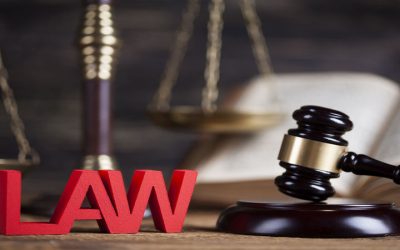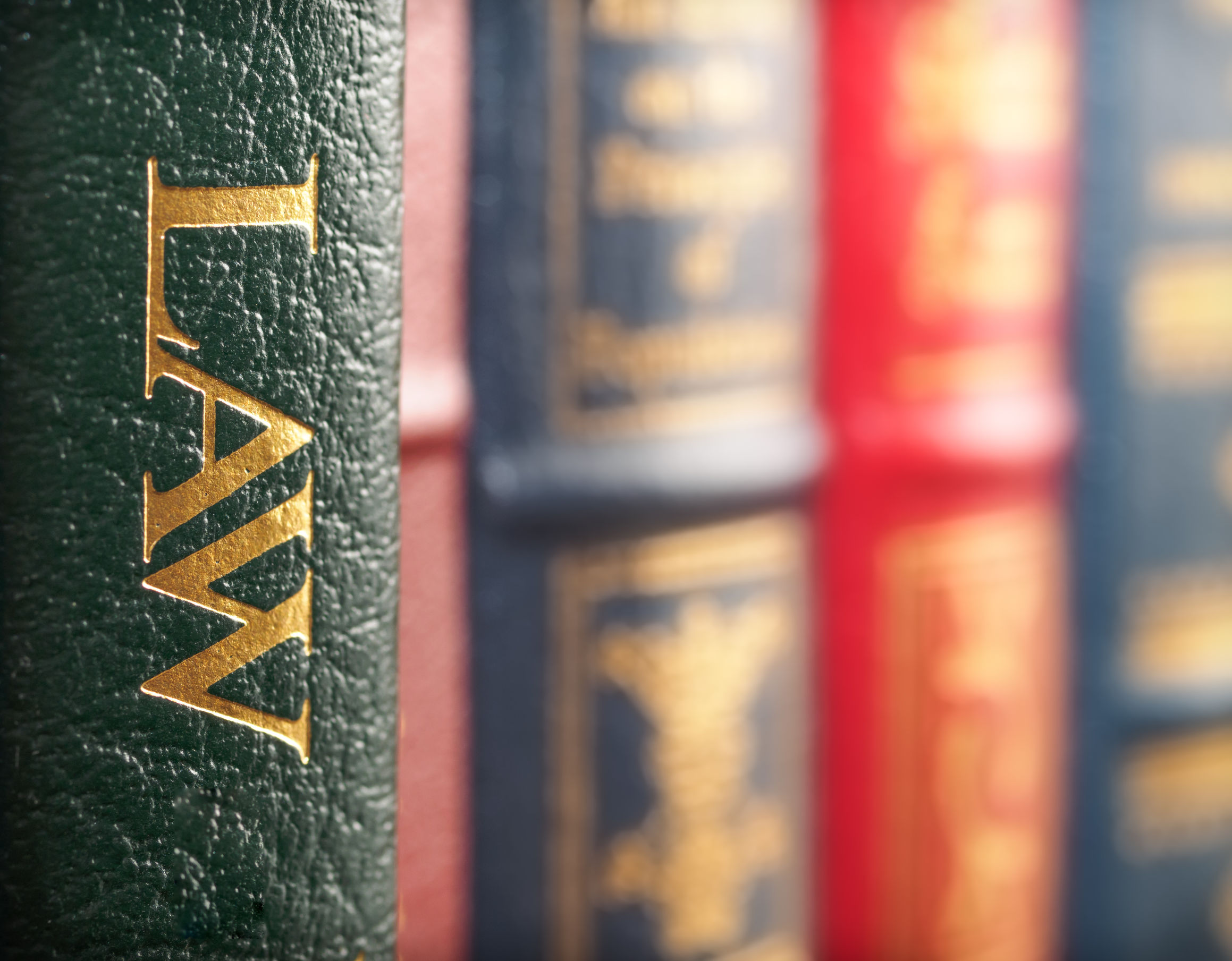Trip-and-fall cases are personal injury actions where a person is injured after slipping and falling to the ground. These injuries are typical premises liability-related, but they can specifically indicate a fall on a slippery or wet surface. Trip-and-fall injuries can include:
- Head, neck and back injuries
- Tailbone and hip injuries
- Wrist and arm injuries
- Injuries to the legs and knees
- Various muscle strains, cuts and tears
In this guide, readers will learn about common trip-and-fall risks, and they will also find out how a personal injury attorney with McGlone Law in Terre Haute IN can help them file a claim for their injury- related losses.
Common Trip-and-Fall Hazards
These injuries are typically caused by specific hazards, which can include those listed below.
- Clutter on the floor
- Loose stairs, nails and planks
- Power cables and extension cords left on the floor
- Improper carpet or tile installation
- Wheeled items left lying around
Trip-and-fall injuries can occur due to many items, and the likelihood of serious injury increases when lighting is dim or where a person has an obstructed view.
Who is to Blame for a Trip-and-Fall Claim?
Most trip-and-fall claims are based on the legal theory of negligence. For a defendant to be held liable, they must have owed the victim a duty. In premises liability cases involving businesses, the owner owes the victim an amount of safety that can reasonably be related to the establishment type.
In other cases, home- and private property owners owe a duty to visitors. Liability is limited to a fair amount of diligence and care in keeping the premises safe. Therefore, financial liability can depend on the nature of the premises, along with state law.
Does a Victim Need an Attorney for a Trip-and-Fall Case?
These claims can involve severe injuries, leading to monetary damage awards to cover lost wages, medical bills and other financial losses. A victim might need to visit the website to hire a personal injury lawyer with McGlone Law in Terre Haute IN for help filing a lawsuit. In addition, the attorney can provide legal guidance during court hearings and other proceedings.








